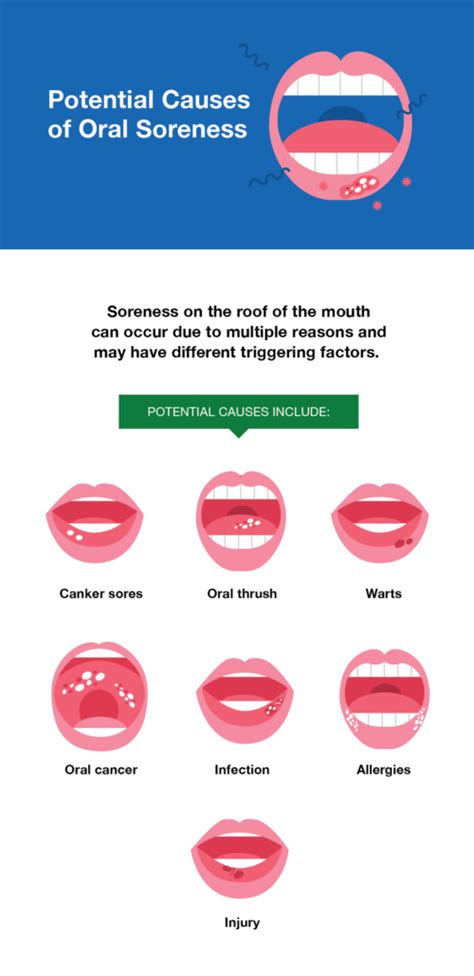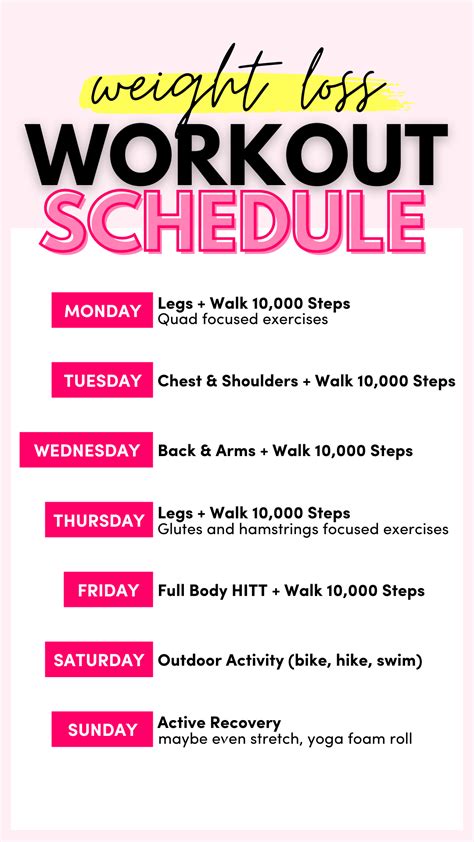Introduction
As the COVID-19 pandemic continues to evolve, the role of booster shots in protecting against severe illness and hospitalization remains crucial. Singapore, as a leading healthcare hub, has implemented comprehensive vaccination programs, including booster shot recommendations. This guide aims to provide an in-depth understanding of when to take a booster shot in Singapore, addressing key questions and providing evidence-based information.

The Importance of Booster Shots
Booster shots are additional doses of a vaccine administered after the initial vaccination series. In the case of COVID-19, these shots have been shown to:
- Increase antibody levels and enhance immunity
- Prolong protection against severe infection and hospitalization
- Reduce the risk of breakthrough infections
- Prevent the spread of new variants
When to Take a Booster Shot
According to the Ministry of Health (MOH) Singapore, the recommended timelines for taking booster shots are as follows:
| Age Group | First Booster | Second Booster |
|---|---|---|
| 12 years and above | 5 months after completing primary series | 5 months after first booster |
| Immunocompromised individuals | 3 months after completing primary series | 3 months after first booster |
Additional Considerations:
- Individuals who have recently recovered from COVID-19 should wait 3 months before receiving a booster shot.
- Pregnant and breastfeeding women are recommended to consult with their healthcare providers regarding booster shot timing.
Types of Booster Shots Available in Singapore
Singapore currently offers several types of booster shots, including:
- Pfizer-BioNTech/Comirnaty: Recommended for individuals 12 years and older
- Moderna Spikevax: Recommended for individuals 18 years and older
- Nuvaxovid by Novavax: Recommended for individuals 18 years and older
The type of booster shot recommended may vary depending on individual health conditions, allergies, and previous vaccine history.
Evidence-Based Rationale for Booster Timing
The timing of booster shots in Singapore is based on scientific evidence and data analysis. Studies have shown that antibody levels against COVID-19 decline over time after the initial vaccination series. Booster shots help to restore antibody levels and provide enhanced protection against severe infection and hospitalization.
-
A study by the Centers for Disease Control and Prevention (CDC) found that booster shots were 95% effective in preventing COVID-19-related hospitalizations among adults 65 years and older.
-
A study published in the New England Journal of Medicine concluded that booster shots were 83% effective in preventing COVID-19-related deaths among adults 50 years and older.
Note: The effectiveness of booster shots may vary depending on factors such as the individual’s age, health status, and the specific variant of COVID-19 in circulation.
Case Detail: Singapore’s Booster Shot Campaign
Singapore has implemented a highly successful booster shot campaign, with over 90% of the eligible population receiving at least one booster dose. The country’s comprehensive vaccination program has been credited with reducing the severity of COVID-19 infections and preventing hospital overcrowding during subsequent waves of the pandemic.
Tips and Tricks for Getting a Booster Shot
- Check the MOH website or HealthHub app to find vaccination centers near you.
- Book an appointment online or walk-in to a vaccination center during operating hours.
- Bring your NRIC or FIN to the vaccination center for identification purposes.
- Allow for a waiting period after receiving the booster shot for potential side effects.
FAQs
1. Is it safe to take a booster shot if I have had COVID-19?
Yes, it is recommended to receive a booster shot even if you have previously had COVID-19.
2. What are the potential side effects of booster shots?
Common side effects include pain, redness, or swelling at the injection site, fatigue, headache, muscle aches, and chills.
3. Can I choose which type of booster shot I receive?
The type of booster shot recommended may vary depending on your individual health conditions, allergies, and previous vaccine history. It is best to consult with your healthcare provider.
4. How long will booster shot protection last?
The duration of protection provided by booster shots is still being studied. However, studies suggest that booster shots can provide protection for several months.
5. What should I do if I miss my booster shot appointment?
If you miss your scheduled appointment, you should contact your healthcare provider or the vaccination center to reschedule.
6. Is it necessary to continue taking COVID-19 precautions after receiving a booster shot?
Yes, it is still important to continue practicing COVID-19 precautions, such as wearing masks indoors, social distancing, and washing hands frequently.
Conclusion
Booster shots play a crucial role in maintaining protection against COVID-19 infection, hospitalization, and severe illness. Singapore’s comprehensive vaccination program, including timely booster shot recommendations, has been instrumental in mitigating the impact of the pandemic. By understanding the rationale behind the timing of booster shots and the available options, individuals can make informed decisions to protect their health and contribute to the collective immunity of the population.
As the pandemic continues to evolve, it is likely that the guidance on booster shots may be updated based on emerging scientific evidence and data analysis. Staying informed and following the recommendations of public health authorities remains paramount in ensuring optimal protection against COVID-19.
















